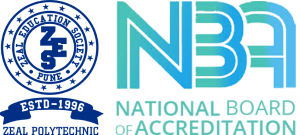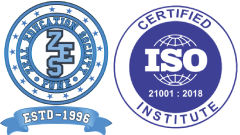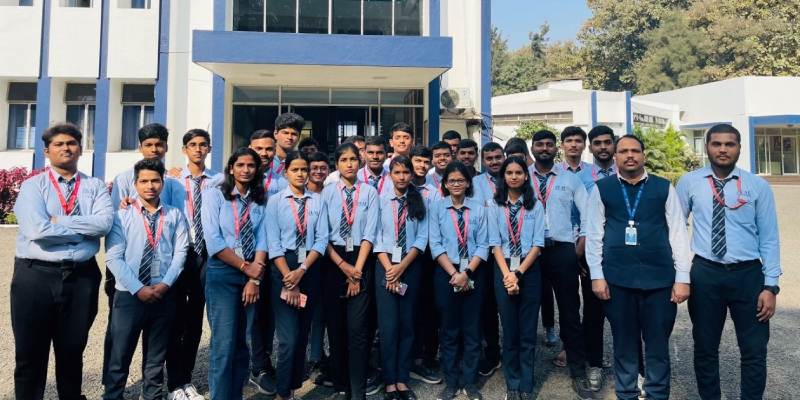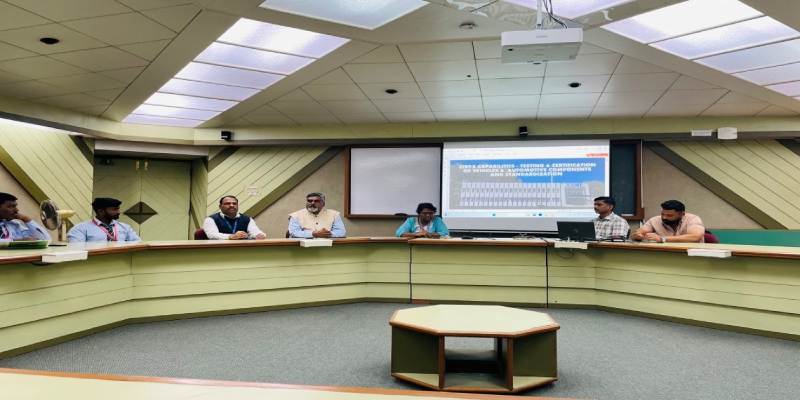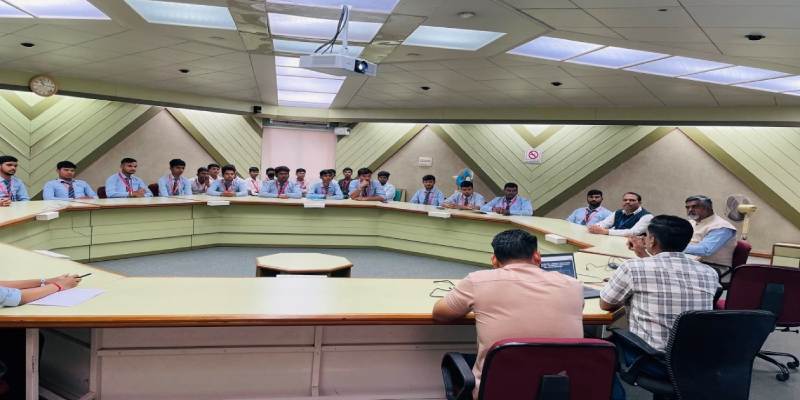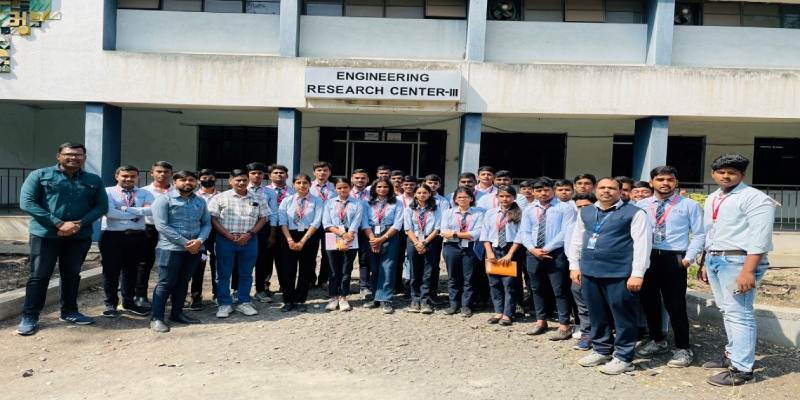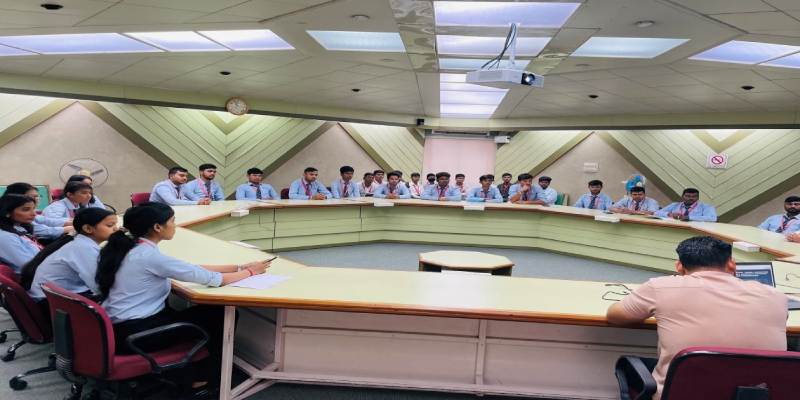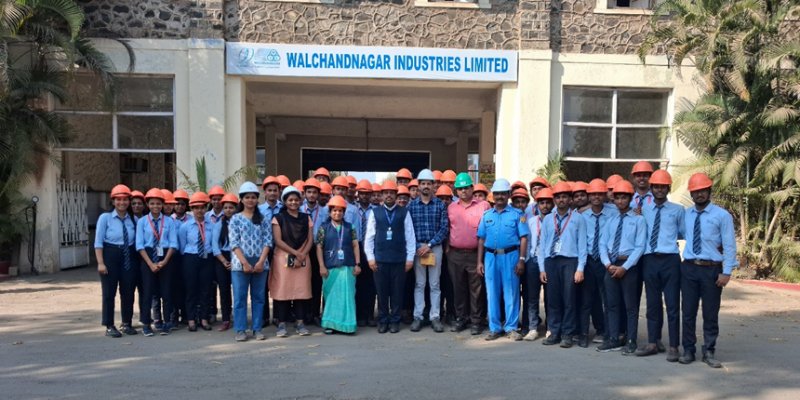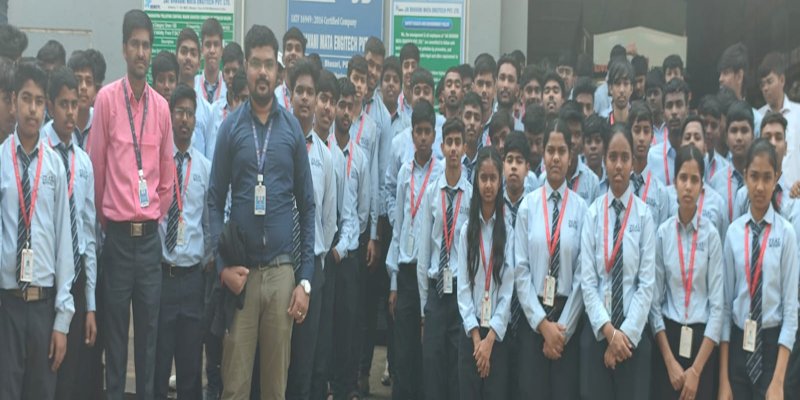Industry Profile:
The Central Institute of Road Transport (CIRT) was established in 1967 on the joint initiative of the Ministry of Shipping & Transport & the Association of State Road Transport Undertakings. CIRT is committed to improving the efficiency & productivity of the transport sector, with particular emphasis on the STU. CIRT has been offering technical training, consultancy and automobile component testing services to the STU fraternity for the last 45 years.
CIRT offers management development programmes covering general management, transport operations and maintenance engineering. The programmes are meant for practicing managers in STUs, other organisations operating transport services besides road transport officials. All programmes are residential and their duration ranges from one week to four weeks. In addition, the Institute undertakes consultancy and research assignments on transport policy, transportation planning, traffic management, maintenance management, materials management, human resource management and management information systems. With the assistance of international agencies such as UNDP and the British Council, CIRT has strengthened its core competence and is now regarded as a major management development Centre in the country. CIRT has a sophisticated automobile component testing laboratory, recognized by the Bureau of Indian Standards for testing a wide range of automobile components. ASRTU relies on the test reports of CIRT while awarding rate contracts to automobile component manufacturers. The joint endeavor of ASRTU and CIRT for monitoring the quality of auto parts has stood the test of time and has become an indispensable input for upgrading quality and ensuring cost-effectiveness.
Products / Services:
1. Tyre Lab: Tyre laboratory is equipped with state of the art facilities for testing automotive tyres and wheel rims. Tyre Lab. can undertake testing of tyres and wheel rims as per National and International Standards. It can undertake testing of 2 and 3 wheelers, passenger car, HCV and Aeroplane tyres. Tyre Lab. has Endurance Test Machine, Dynamic wheel cornering fatigue test machine, Universal tyre test machine, Uniformity test machine for passenger cars & Trucks/Bus radial tyres, Hydraulic burst test machine for tyres, impact resistance test machine for wheel rim, Wheel rim torsion test etc.
Testing facilities available
- Cornering fatigue test
- Endurance test
- Plunger energy test
- Impact test for wheel rim
2. Vehicle crash laboratory: It is equipped with state-of-art facilities for undertaking structural strength of trucks and buses as per national and international standards.
Main tests which could be performed ,Test facilities available
- Roll over test platform
- Frontal impact test rig
- Rear wall strength rig
- Cabin roof strength test rig
- Under run protective devices test rig
- Waterproofing/rain/shower test chamber
- Walk-in-chamber – walk-in-chamber can be used for
3. Photometric Lab: Photometry laboratory can undertake testing of head lights, tail lights, direction of indicators, reflectors, stop lights, plastic lens etc.
Photometry Laboratory has following sophisticated equipment’s
- Photo-goniometer & retro (LMT make) – photometry and colorimetric
- Spectrometer for UV radiation for halogen lamps, intensity & colour for LED
- Reflectance and transmittance tester
- Colour spectrometer for warning triangle & reflective tapes
4. Metallurgical Lab: Metallurgical laboratory undertakes testing of all metallic auto components for various tests like microstructure, inclusion rating, case depth, grain size measurement, hardness, tensile strength, impact etc. It also undertakes chemical analysis of ferrous and non-ferrous materials.
Test Facilities Available
- Automatic Rockwell hardness tester
- Brinell cum Vickers hardness tester
- Metallurgical microscope with image analyzer
- Universal hardness tester
- Stereo microscope and image analyzer
- Universal tensile testing machine
Objective/Purpose:
- Gain insights into the advanced equipment and testing procedures available in each laboratory and how they comply with national and international standards.
- Tyre Laboratory’s capabilities in evaluating tyre and rim durability, performance, and safety using specific testing techniques such as cornering fatigue, endurance, and impact tests.
- Study the crash testing methodologies in the Vehicle Crash Laboratory, including roll-over, frontal impact, rear wall strength, and cabin roof strength tests for trucks and buses.
- Explore the Photometric Laboratory’s ability to test headlights, tail lights, and indicators while understanding photometry, colorimetric analysis, and UV radiation testing.
- Gain knowledge of the Metallurgical Laboratory’s testing processes, including hardness testing, tensile testing, microstructure analysis, and chemical composition evaluation.
- Understand how these labs contribute to maintaining and improving vehicle safety, reliability, and performance standards.
